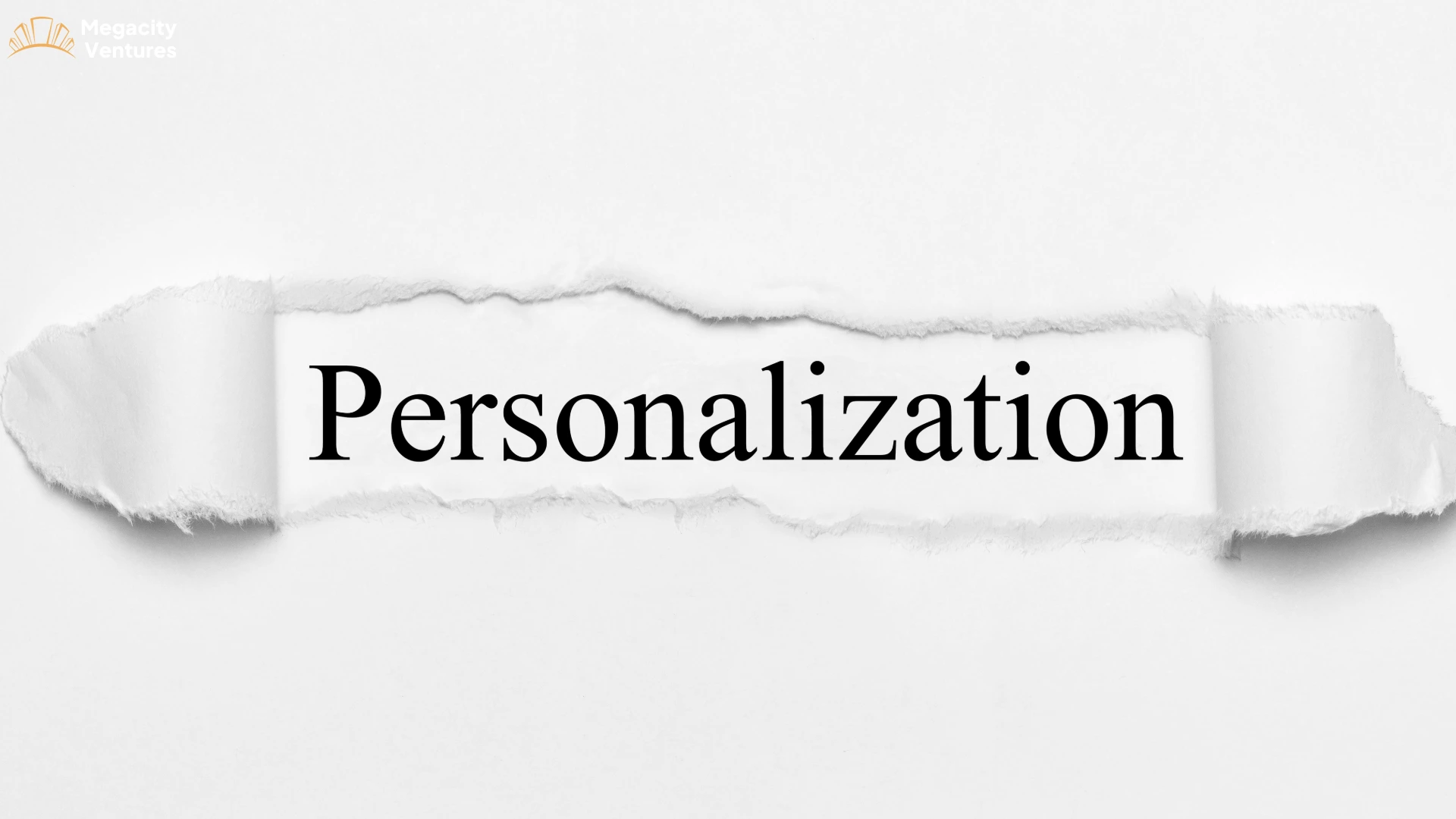Ethical Product Design: Balancing Innovation and User Privacy
In today's hyper-connected world, technology has become an integral part of our lives. From smartphones to smart homes, we rely on digital products to navigate our daily routines, access information, and connect with others. As technology advances, product designers face the exciting challenge of creating innovative solutions that enhance user experience and solve real-world problems. However, with great power comes great responsibility. Ethical product design must prioritize user privacy and ensure that technological advancements do not compromise individual rights and freedoms.
The Importance of User Privacy in Product Design
User privacy is a fundamental human right that must be respected and protected. In the digital age, our data has become a valuable commodity, collected and analyzed by companies to personalize services, target advertisements, and gain insights into consumer behaviour. While data collection can lead to improved products and services, it also raises serious concerns about potential misuse, manipulation, and exploitation.
Ethical product design recognizes the importance of user privacy and incorporates it as a core principle throughout the design process. This means being transparent about data collection practices, obtaining informed consent from users, and implementing robust security measures to safeguard sensitive information. It also means giving users control over their data and allowing them to opt out of data collection or delete their data altogether.
Balancing Innovation and User Privacy
One of the biggest challenges in ethical product design is finding the right balance between innovation and user privacy. On the one hand, designers want to create cutting-edge products that offer unique features and personalized experiences. On the other hand, they must ensure that these innovations do not come at the expense of user privacy.
To achieve this balance, designers need to adopt a user-centric approach that prioritizes ethical considerations from the outset. This means conducting thorough research to understand user needs and concerns, involving users in the design process, and seeking feedback on privacy-related issues. It also means staying informed about the latest privacy regulations and best practices and incorporating them into the design process.
Key Principles of Ethical Product Design
Several key principles can guide ethical product design and help designers navigate the complex landscape of innovation and user privacy:
- Transparency: Be upfront and honest with users about data collection practices, how data is used, and who has access to it.
- Informed Consent: Obtain explicit consent from users before collecting any personal data, and make it easy for them to withdraw their consent at any time.
- Data Minimization: Collect only the data that is necessary for the intended purpose, and avoid collecting excessive or unnecessary information.
- Data Security: Implement robust security measures to protect user data from unauthorized access, use, or disclosure.
- User Control: Give users control over their data, including the ability to access, modify, or delete their data.
- Privacy by Design: Incorporate privacy considerations into the design process from the earliest stages, rather than treating it as an afterthought.
- Accountability: Take responsibility for protecting user privacy and be transparent about how privacy policies are enforced.
Examples of Ethical Product Design
Many companies are already embracing ethical product design and prioritizing user privacy. For example, Apple has long been a champion of user privacy, emphasizing data security and transparency in its products and services. Signal, a messaging app, is known for its strong encryption and commitment to user privacy. These companies demonstrate that it is possible to create innovative products that respect user privacy.
The Future of Ethical Product Design
As technology continues to evolve, ethical product design will become even more critical. New technologies, such as artificial intelligence and machine learning, raise new privacy concerns that designers must address. By prioritizing user privacy and adopting ethical design principles, we can ensure that technology serves humanity and enhances our lives without compromising our fundamental rights and freedoms.
In conclusion, ethical product design is not just a trend but a fundamental responsibility for all product designers. By balancing innovation and user privacy, we can create a future where technology empowers us without sacrificing our freedoms.
Citations:












